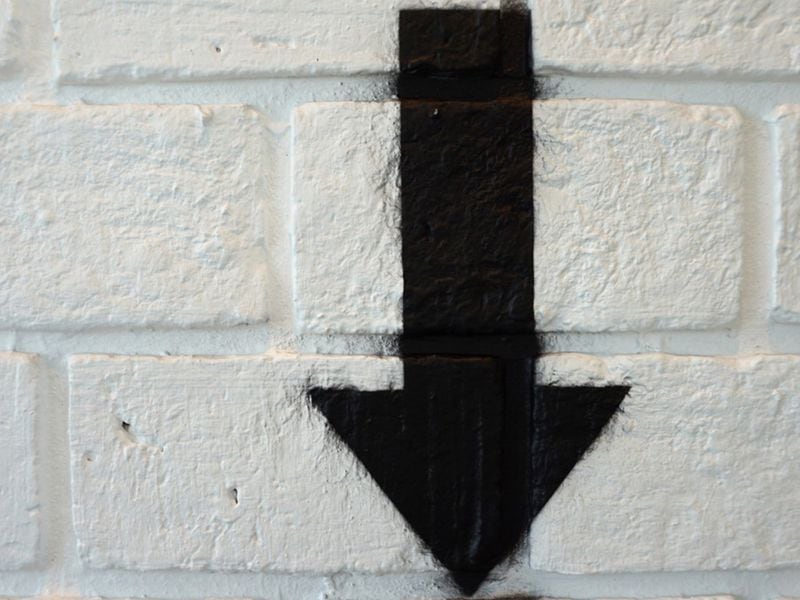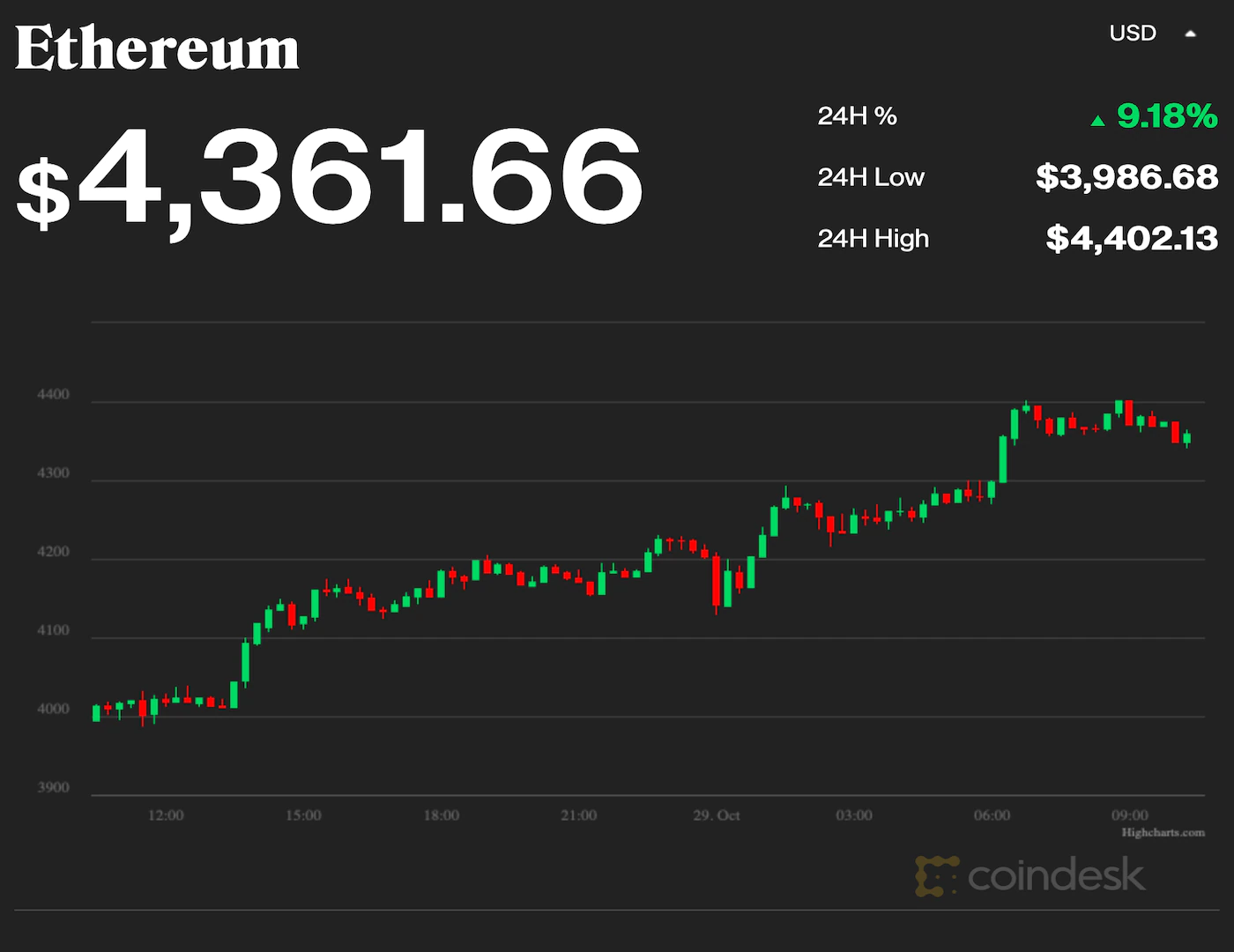Lessons From the First Digital Gold Boom
JP Koning photo courtesy of author
This post is part of CoinDesk’s 2019 Year in Review, a collection of 100 op-eds, interviews and takes on the state of blockchain and the world. J.P. Koning is the creator of the Moneyness blog, which covers economics, finance, and fintech.
2019 was the year that Facebook introduced Libra, a blockchain-based payments network that will be the “internet of money.”
This seems revolutionary, but Libra is actually a revamped version of a much older payments model. In 1996, Douglas Jackson, an oncologist and fan of the gold standard, founded a payments system called e-gold. Backed one-to-one by reserves of the yellow metal, the e-gold system allowed users all around the world to make instant private electronic payments.
Unfortunately, e-gold ran into problems with regulators. In 2009, just as bitcoin was taking off, Jackson had to close shop. It remains to be seen if Libra – e-gold 2.0 – will be able to navigate the difficulties its predecessor floundered on many years ago.
With cryptocurrencies having captured everyone’s imagination, we often forget that the digital gold boom of the 2000s was the first digital currency revolution. Jackson’s initial success with e-gold encouraged a swarm of copycats: GoldMoney, eBullion, OSGold, INTGold, Pecunix, 1mdc, and more. These currencies were swapped on hundreds of digital gold exchanges located around the globe. The industry even had its own magazine, DGC Magazine, and trade association, the Global Digital Currency Association. At its peak in 2005, e-gold had around 1.2 million accounts with transactions totalling $1.5 billion. It was almost as large as PayPal.
The heyday of the digital gold industry has long since passed. But the similarities between Jackson’s e-gold and Facebook’s Libra are remarkable. E-gold relied on a unique supra-national unit of account, gold, as the base language for expressing values. Likewise, Libra will use its own artificial unit of account – the Libra – composed of a cocktail of national currencies.
Libra will establish a stable value for its Libra tokens by backing them 1:1 with underlying reserve assets such as bank deposits and government securities. E-gold operated on the same principles. It kept a 100 percent reserve of physical gold in vaults located in places like London and Dubai. These reserves were regularly audited and users could monitor their status by going to e-gold’s website.
The way that users will interact with the Libra reserve comes straight from the e-gold playbook. An e-gold user could neither deposit gold to the e-gold reserve nor withdraw gold from it. Permission to “bail” physical bars into or out of the system was limited to a network of third-party exchange agents such as The Bullion Exchange, IceGold, and The Denver Gold Exchange. These wholesalers in turn provided the public with e-gold by offering to buy or sell it at a spread.
The same goes for Libra. Users won’t be able to directly interface with Libra reserves. Rather, a network of authorized resellers will withdraw or deposit large amounts of fiat in and out of the reserve. The public will be able to buy or sell Libras at third-party venues like cryptocurrency exchanges.
In addition to adopting supranational units and similar distribution models, the two networks are both “open” systems. In Libra’s case, “open access” means that “anybody with an internet connection” can participate. The protocol “does not link accounts to a real-world identity” which means users can use the network pseudonymously and create multiple accounts.
Likewise, anyone with an internet connection could open an e-gold account. Users went by bogus names like “Mickey Mouse,” “Donald Duck,” and “Anonymous Man” and could have as many accounts as they liked.
So what killed e-gold? And will this also cripple Libra? Many regulators worry that a separate Libra unit of account threatens national monetary sovereignty. But in e-gold’s case, it was never gold-denominated money that attracted regulatory censure. Nor were regulators concerned with the distribution model or the adequacy of e-gold’s reserves.
Jackson had always assumed that e-gold was neither a bank nor a money services business. Thus he never bothered conforming to money laundering rules set out in the Bank Secrecy Act, including registering his business with the US Treasury’s Financial Crimes Enforcement Network (FinCEN). Unfortunately, by allowing for pseudonymous access and omitting FinCEN-compliant money laundering controls, e-gold became a haven for carders–criminals who traffic in stolen credit card numbers.
This brought e-gold to the attention of the FBI. In 2007, Jackson and his fellow owners were indicted by the Department of Justice for conspiracy to operate an unlicensed money transmitting business and other charges. As a condition of Jackson’s 2008 plea deal, he had to bring e-gold in line with regulations. This meant registering it with FinCEN and implementing an anti-money laundering plan. In a blog post, Jackson promised that e-gold would enforce a “one-human being/one e-gold User” rule. All third-party exchanges would have to be compliant too.
It wasn’t to be. As felons, Jackson and his colleagues were prohibited from applying for a money transmitter license, and so e-gold had to shut itself down. The actual e-gold model, as set out in Jackson’s plea deal, remains intact. It only has to conform to best practices.
The lesson is that even when regulations lack clarity, the issuer is still responsible for compliance.
Indeed, Jackson continues to market the intellectual property for e-gold in the form of Better Money.
The basic e-gold model may be a sound one, but Libra doesn’t just want to take up where Jackson left off. Jackson’s plan was to pivot to a one human/one e-gold user rule. Libra, on the other hand, will allow users to hold multiple addresses not linked to their true identities.
David Marcus, the co-founder of Libra, intimates that this will be compensated for by the fact that the blockchain transactions are public, thus allowing law enforcement and regulators to conduct “their own analysis of on-chain activity.” Customer identification at third party onramps or offramps may be able to help law enforcement fill in the dots and apprehend criminals.
It may be that Libra’s rendition of e-gold proves to be an effective way to guard against carders and money launderers. And having one of the largest companies in the world behind it, Facebook, gives it the heft that e-gold never had. But the lesson learned from Jackson’s experience is that even though regulations lack clarity, the issuer is still responsible for compliance. Better to check in with the regulator before building a new payments system, not after. Libra is clearly cognizant of this, having approached regulators fairly early on in the process.
It remains to be seen if regulators will buy Libra’s “open access” model. Back in the 2000s, publicly-viewable blockchains didn’t exist. They may be more receptive in 2019. If it is allowed to go ahead, the repercussions could be significant. Not only would it create a new e-gold. Other large financial institutions would be interested in shifting their payment models in the direction that Libra is taking.
Disclosure Read More
The leader in blockchain news, CoinDesk is a media outlet that strives for the highest journalistic standards and abides by a strict set of editorial policies. CoinDesk is an independent operating subsidiary of Digital Currency Group, which invests in cryptocurrencies and blockchain startups.









